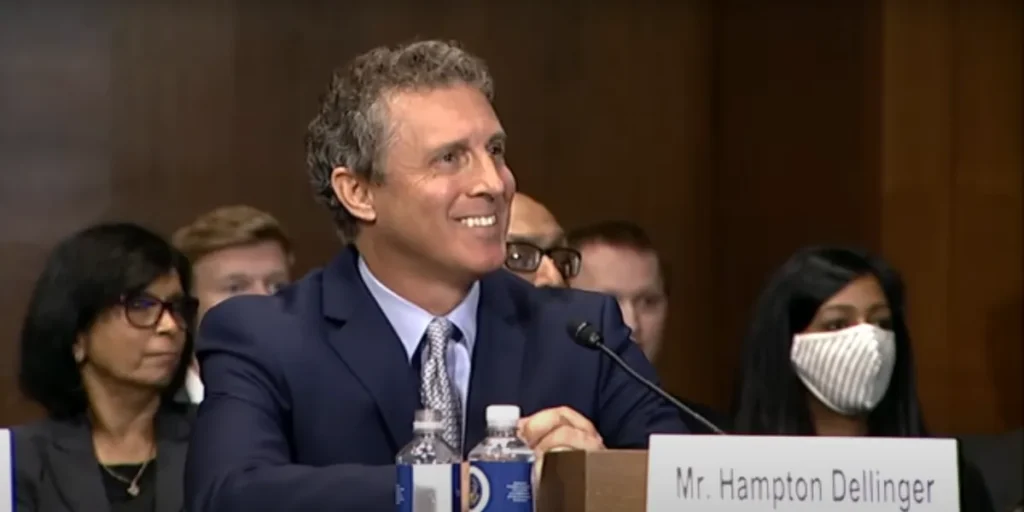A federal judge intervened Monday to temporarily block President Donald Trump’s attempt to remove the head of the nation’s whistleblower protection agency, delivering an immediate setback to the administration’s efforts to reshape federal oversight bodies.
Judge Amy Berman Jackson issued an emergency order requiring Hampton Dellinger to remain as director of the Office of Special Counsel through Thursday, while she evaluates his request for a longer-term restraining order. Her ruling explicitly bars the administration from installing new leadership or restricting Dellinger’s access to agency resources during this period.
“I’m returning to my duties immediately,” Dellinger confirmed after the ruling, as the administration promptly announced its intention to appeal the decision.
The attempted removal of Dellinger, who received Senate confirmation last year for a five-year term, represents part of a broader campaign by the Trump administration to restructure federal agencies and remove career officials. The same day, the administration also dismissed David Huitema, director of the U.S. Office of Government Ethics, who had similarly been confirmed to a five-year position in 2023.
Prior to the judge’s intervention, the White House had announced plans to install newly confirmed Veterans Affairs Secretary Doug Collins as acting chief of both agencies.
Dellinger’s dismissal came via email from the White House personnel office on Friday evening. In his subsequent legal challenge, he emphasized that special counsels can only be terminated for specific causes: “inefficiency, neglect of duty, or malfeasance in office.”
“There is absolutely no legal or factual foundation for my removal, making it unlawful,” Dellinger stated.
The Office of Special Counsel serves a crucial role in protecting federal employees from illegal personnel actions and investigating whistleblower complaints. The agency also oversees enforcement of the Hatch Act, which limits political activities by government employees. The timing of Dellinger’s attempted removal has raised concerns, as it coincides with increased political advocacy by administration officials on social media despite Hatch Act restrictions.
The National Whistleblower Center expressed alarm at the removal attempt. Its board chairman, Stephen Kohn, warned that the action threatens a vital program that has saved taxpayers billions through exposure of government waste and fraud. He expressed particular concern about the security of confidential whistleblower information held by the agency.
“This creates an immediate risk for hundreds or thousands of federal employees who have reported serious misconduct,” Kohn cautioned.
The agency, which operates independently from the Department of Justice’s special counsel appointments like Jack Smith, has taken on heightened importance amid what Dellinger described in court documents as an “unprecedented” wave of civil service dismissals in recent weeks.
Huitema, speaking about his own removal from the ethics office, revealed he received no explanation for his termination. “This is deeply disappointing,” he said, emphasizing his dedication to the office’s mission and praising his staff’s commitment to public service.
Before his appointment as special counsel, Dellinger brought significant legal experience to the role, having served as an assistant attorney general in the Biden administration’s Justice Department, where he managed the Office of Legal Policy. His background also includes positions as North Carolina’s deputy attorney general and chief legal counsel to that state’s governor.


